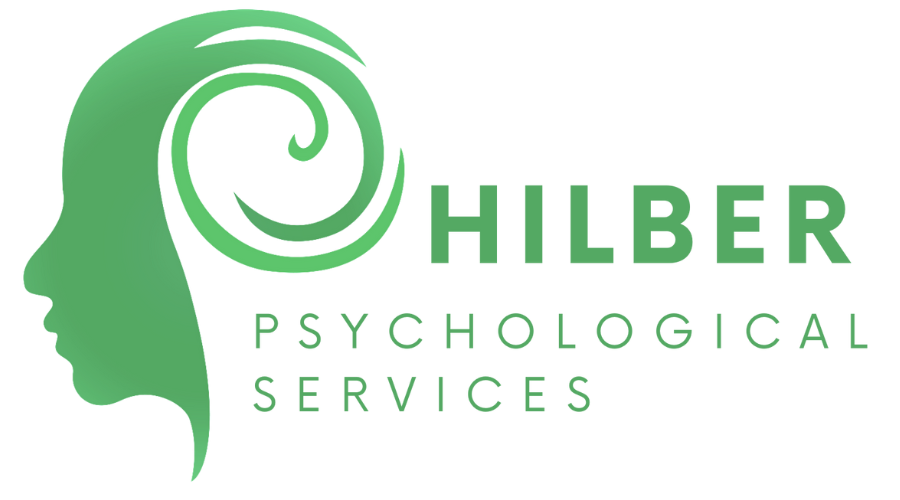ADHD and Executive Functioning
In the article “What Is Executive Function? 7 Deficits Tied to ADHD,” author Russell Barkley discusses that an executive function “is the cognitive process that organizes thoughts and activities, prioritizes tasks, manages time efficiently, and makes decisions.” This is essentially the project manager for your brain.
Executive function skills are skills that motivate us to keep moving forward whether that is with a project or daily activities. Barkley states that ”Individuals with executive dysfunction often struggle to analyze, plan, organize, schedule, and complete tasks at all…” These executive functions are executed by the prefrontal cortex of the brain.
Barkley notes that there are four circuits in the ADHD Brain and Executive functions:
The “What” Circuit: Goes from the frontal lobe — linked to working memory and helps guide us on daily activities
The “When” Circuit: Goes from the prefrontal area to the cerebellum — it is the timing circuit of the brain —it determines the sequence in which we do tasks — explains why people with ADHD often have difficulties with time management.
The “Why” Circuit: Goes from the frontal lobe to the central part of the brain to the amygdala — linked to our emotions — helps us make final decisions based on how we feel.
The “Who” Circuit: Goes from the frontal lobe to the very back of the hemisphere — where self-awareness originates from.
By understanding these four circuits and relating them to those who have ADHD, you can see what types of symptoms an individual may or may not have with certain deficits with emotion regulation, time management and memory deficits.
Executive functions helps people reach goals and future plans. Furthermore, ”it’s about how we behave toward our future goals and what mental abilities we need to accomplish them” (Barkley).
Executive function is determined by the strength of these seven skills and how they affect/change one’s behavior and self regulation:
Self-awareness
Inhibition
Non-Verbal Working Memory
Verbal Working Memory
Emotional Self-Regulation
Self-motivation
Planning and Problem Solving
These seven executive functions develop over time generally in chronological order. People who exhibit classic ADHD symptoms may have trouble with these seven executive functions. For example, those with ADHD who have problems with inhibition may have impulsive behaviors.
With awareness of these executive functions, parents can look for a professional evaluation to determine if their child has ADHD early on before it is apparent in their learning or grades at school. Then, those with ADHD can use knowledge, tools, techniques, and other treatments to improve their executive functions over time.
For more information on how Hilber Psychological Services can help you or your child/teen with ADHD and executive functions, please visit our website or contact us for more questions.
- Written by Lily Schmitt and Tanya L. Hilber, PsyD
Reference
Barkley, Russell and ADHD Editorial Board. “What Is Executive Function? 7 Deficits Tied to ADHD.” ADDitude. 3 Oct. 2019. https://www.additudemag.com/7-executive-function-deficits-linked-to-adhd/

